What do you think?
Rate this book
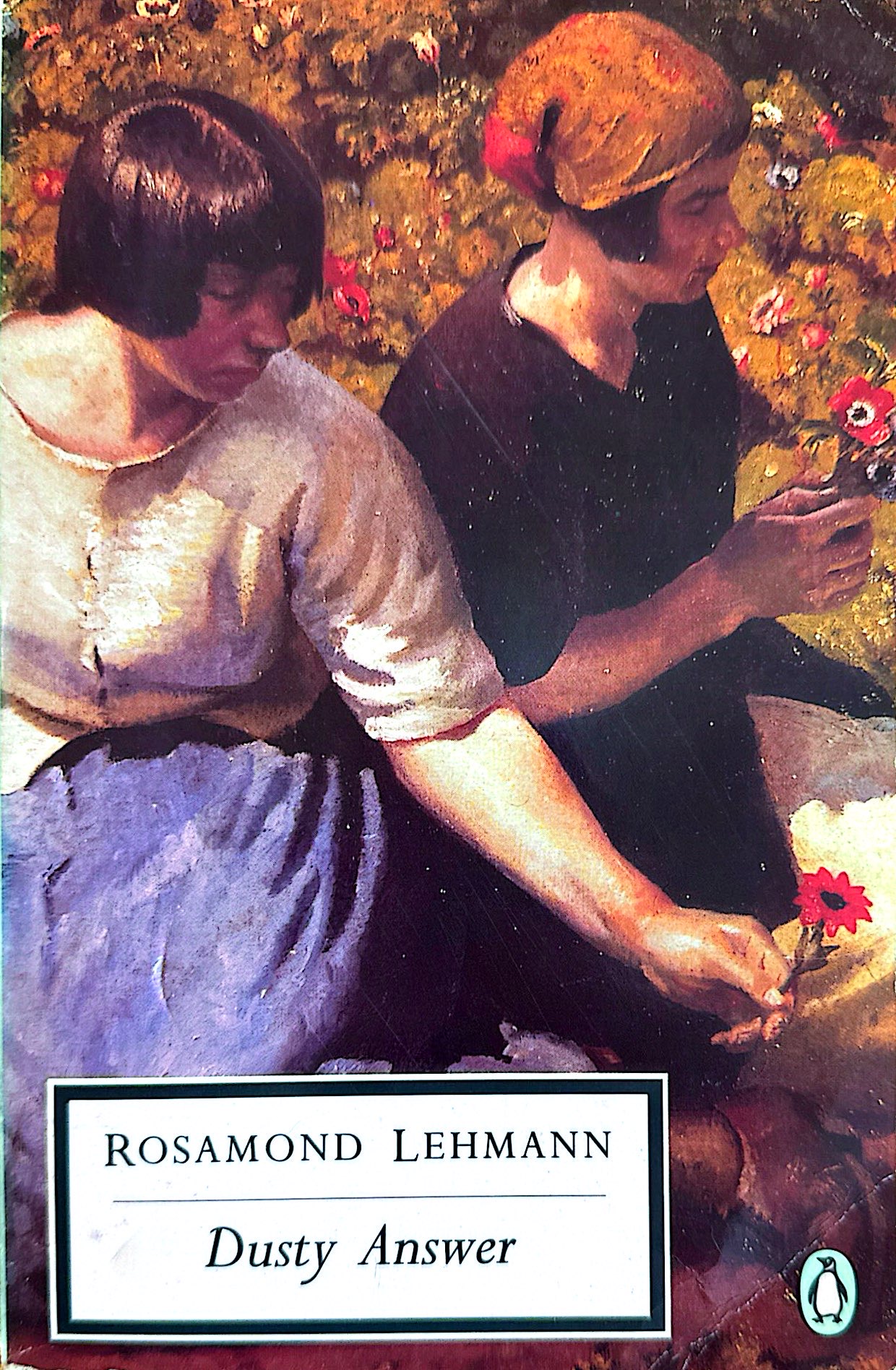

304 pages, Paperback
First published January 1, 1927


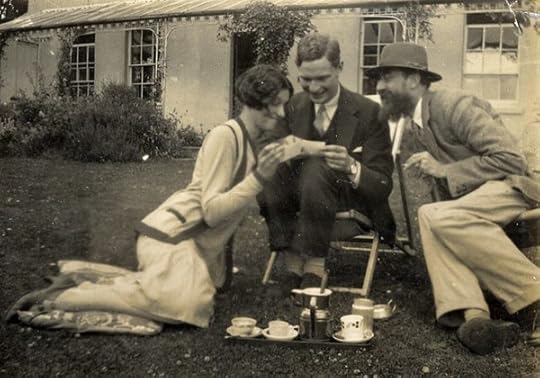
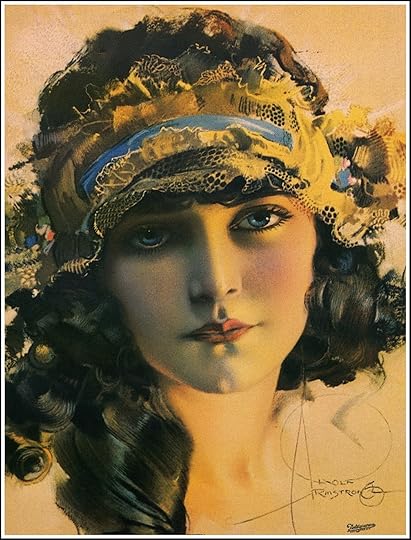

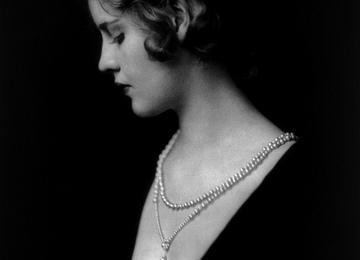

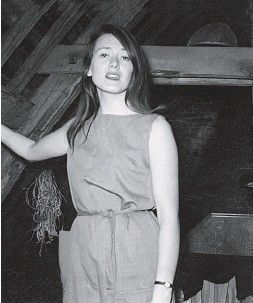
"You don't," she said petulantly. "Because you've never troubled to find out what I'm really like. It's never occurred to you there might be anything more than what you see. That's so like a man.... Lord, how stupid! Everybody dismissed with a little label. Everybody taken for granted once they've passed a few idiotic conventional tests...."

 http://www.bbc.co.uk/programmes/b00thwrr
http://www.bbc.co.uk/programmes/b00thwrr Part One sees Judith reminiscing about her childhood where the seeds of her strong friendship with the cousins are laid. Many years have passed and the cousins return in adolescence for an atmospheric day of skating on the pond.
Part One sees Judith reminiscing about her childhood where the seeds of her strong friendship with the cousins are laid. Many years have passed and the cousins return in adolescence for an atmospheric day of skating on the pond. Part Two. Judith realises the Fyfe cousins have returned to the house next door during a midnight swim in the river which joins both gardens . After days spent dancing, playing the piano and getting to know her neighbours again an unexpected telegram arrives form her mother in Paris.
Part Two. Judith realises the Fyfe cousins have returned to the house next door during a midnight swim in the river which joins both gardens . After days spent dancing, playing the piano and getting to know her neighbours again an unexpected telegram arrives form her mother in Paris.  Part Three. Judith arrives in Cambridge and can't find her room. She wonders how she will settle down but soon meets fellow student Jennifer who is to become a great friend. During the winter snow, Roddy comes to visit ...
Part Three. Judith arrives in Cambridge and can't find her room. She wonders how she will settle down but soon meets fellow student Jennifer who is to become a great friend. During the winter snow, Roddy comes to visit ... Part Four Judith is invited to a picnic with Julian and Martin, and Roddy takes her for a trip in a canoe. Romance rears its head ...but which of the cousins is it to be ?
Part Four Judith is invited to a picnic with Julian and Martin, and Roddy takes her for a trip in a canoe. Romance rears its head ...but which of the cousins is it to be ?  Part Five. Whilst travelling in France with her mother, Judith meets up with Julian. They enjoy the French heat together until his sudden departure. Jennifer steps back into her life...
Part Five. Whilst travelling in France with her mother, Judith meets up with Julian. They enjoy the French heat together until his sudden departure. Jennifer steps back into her life...